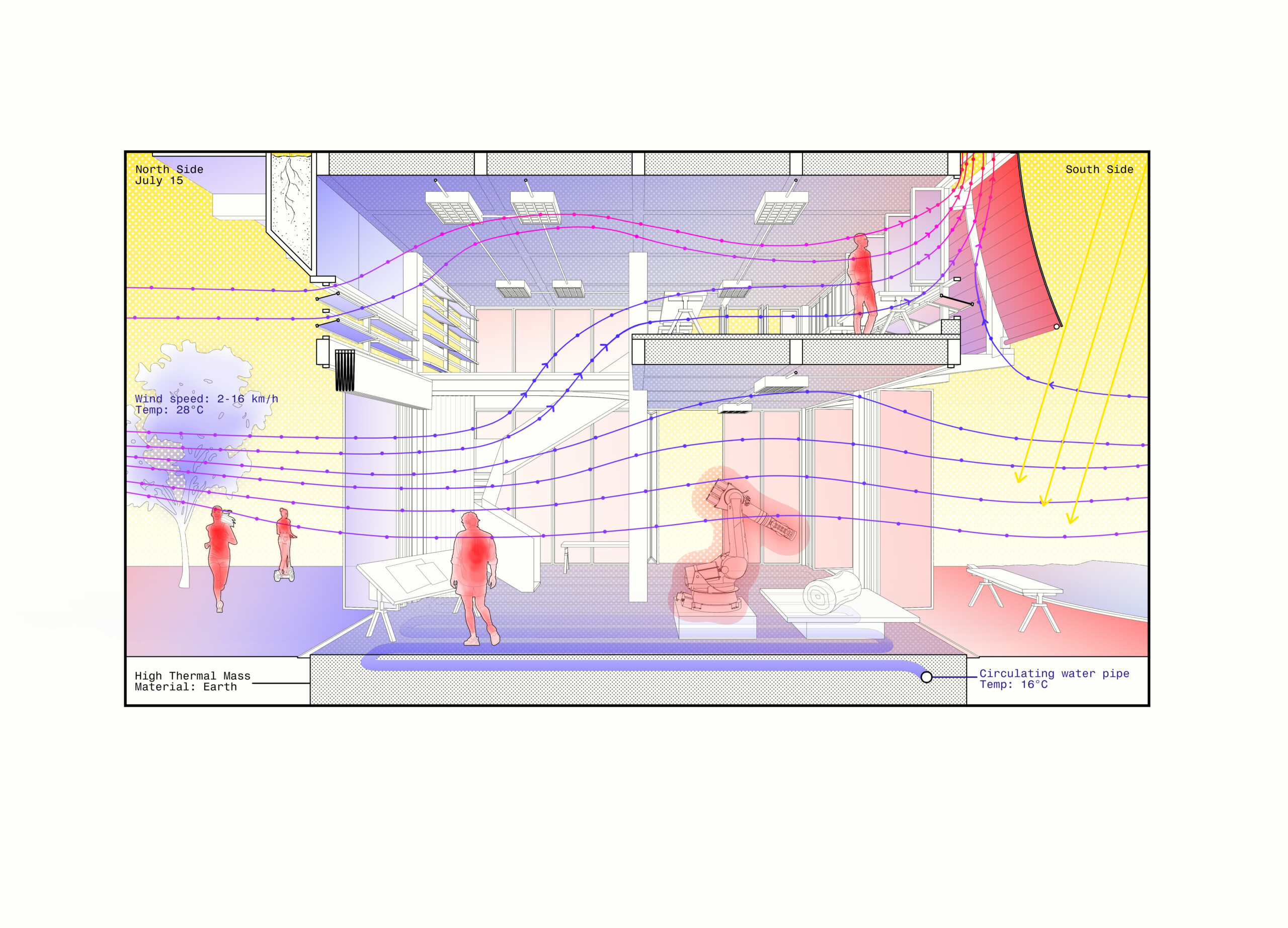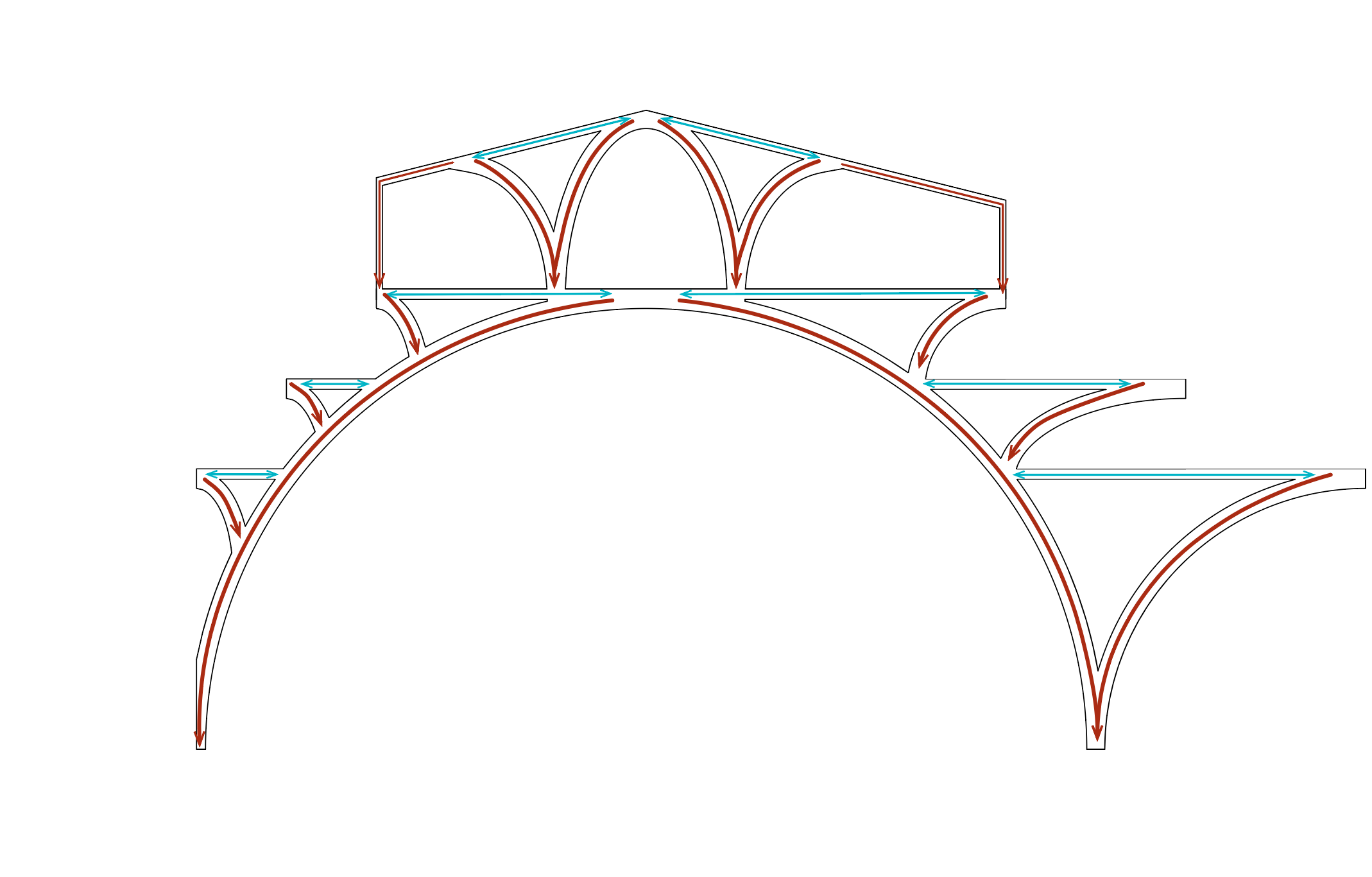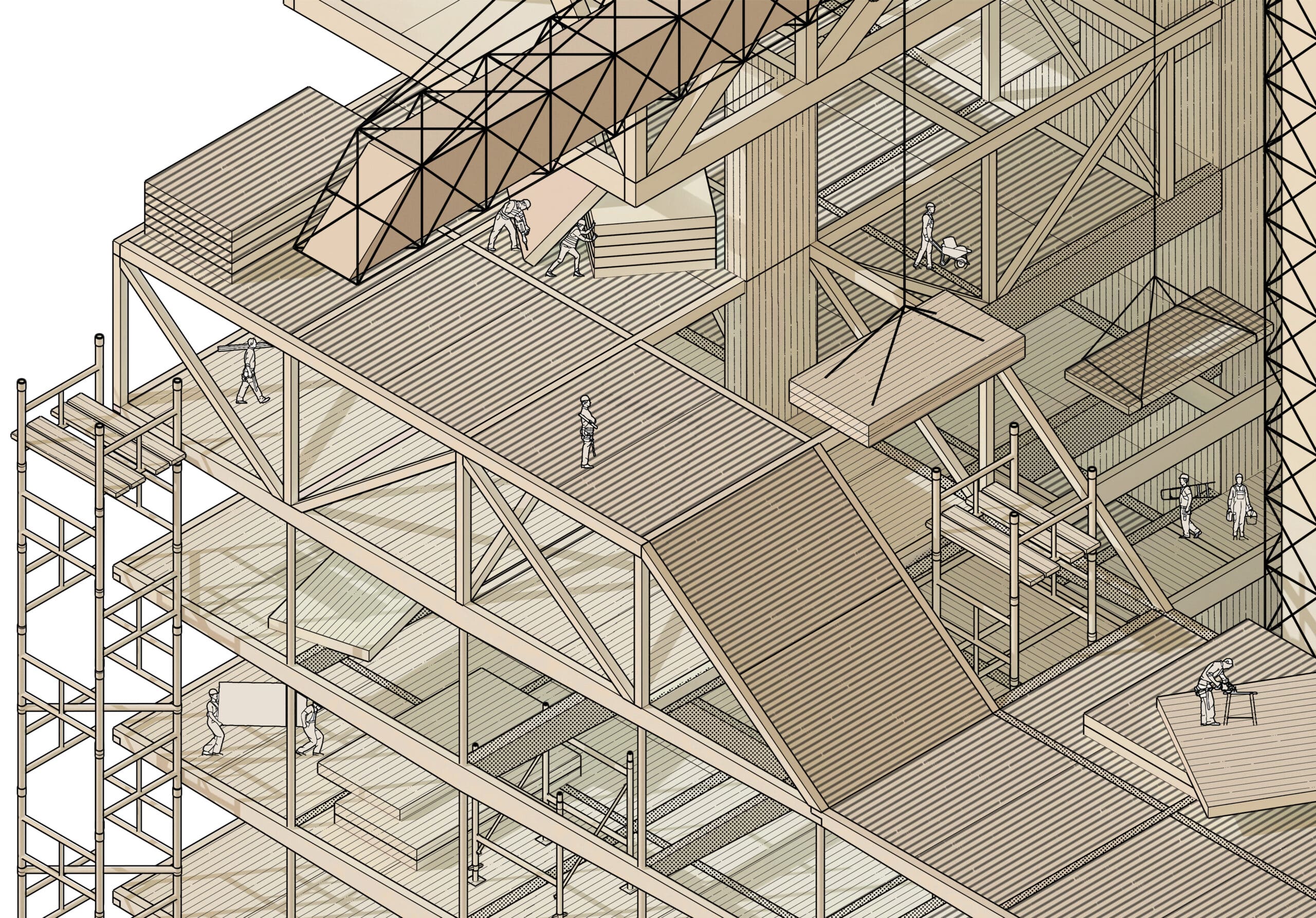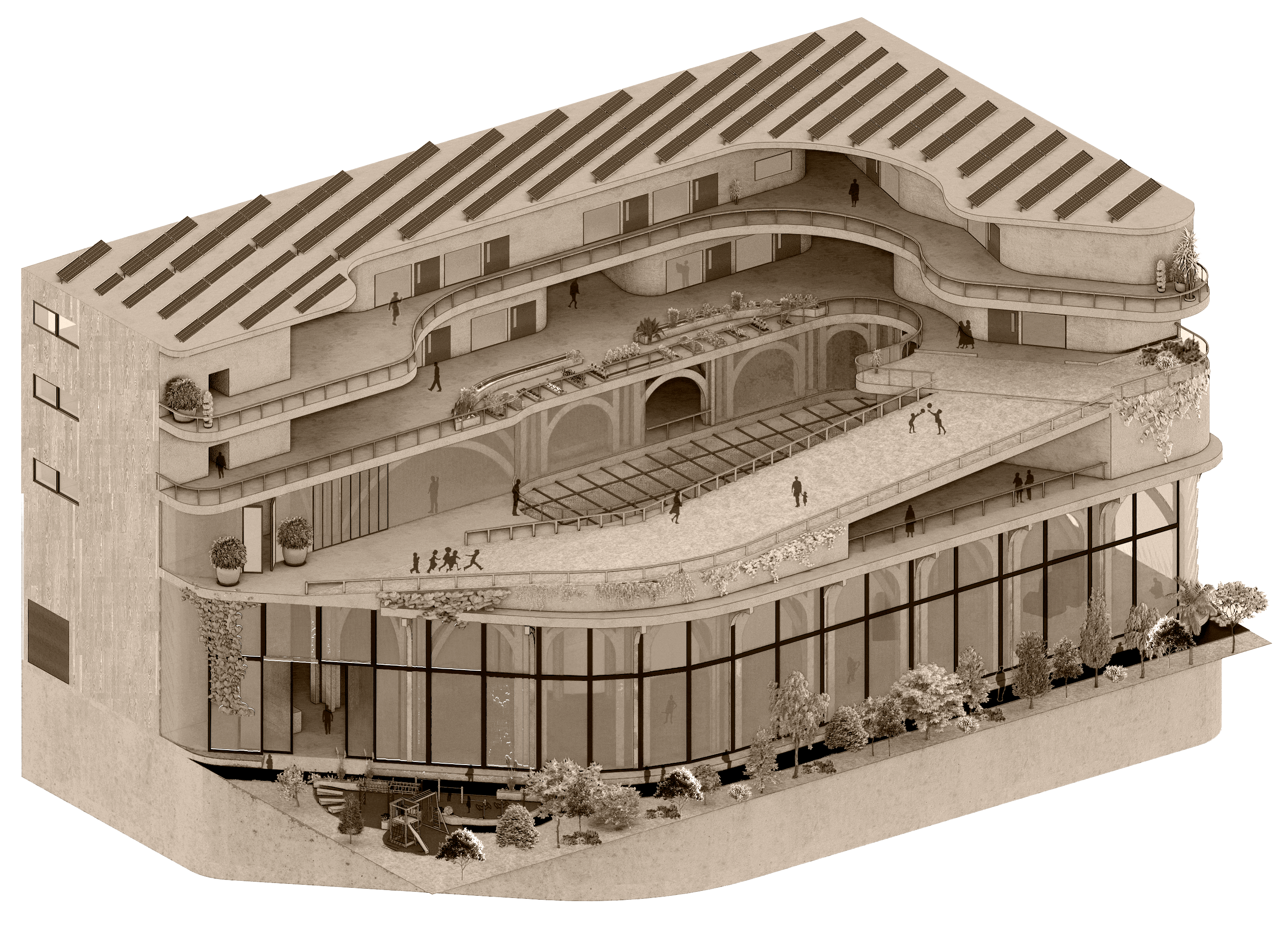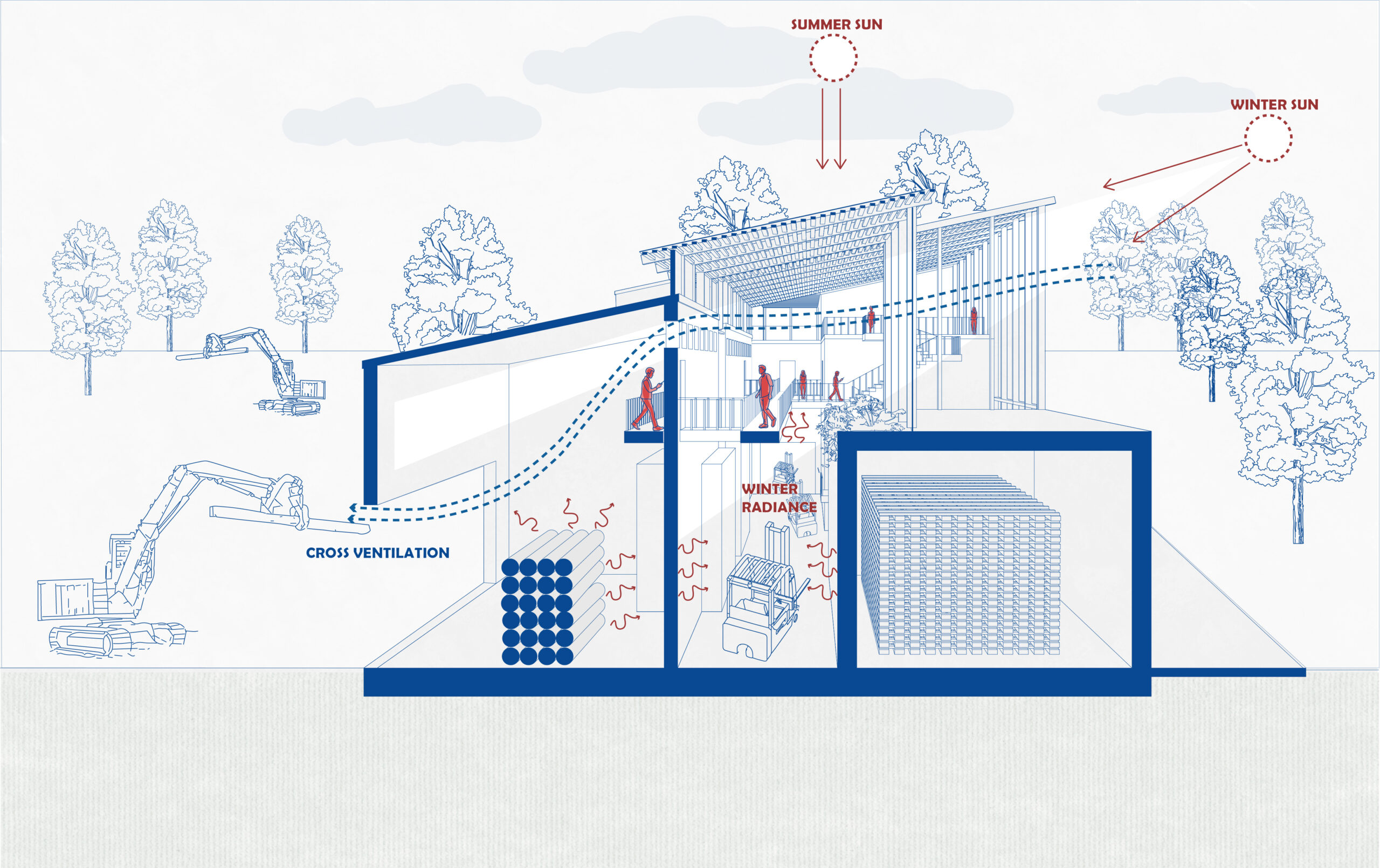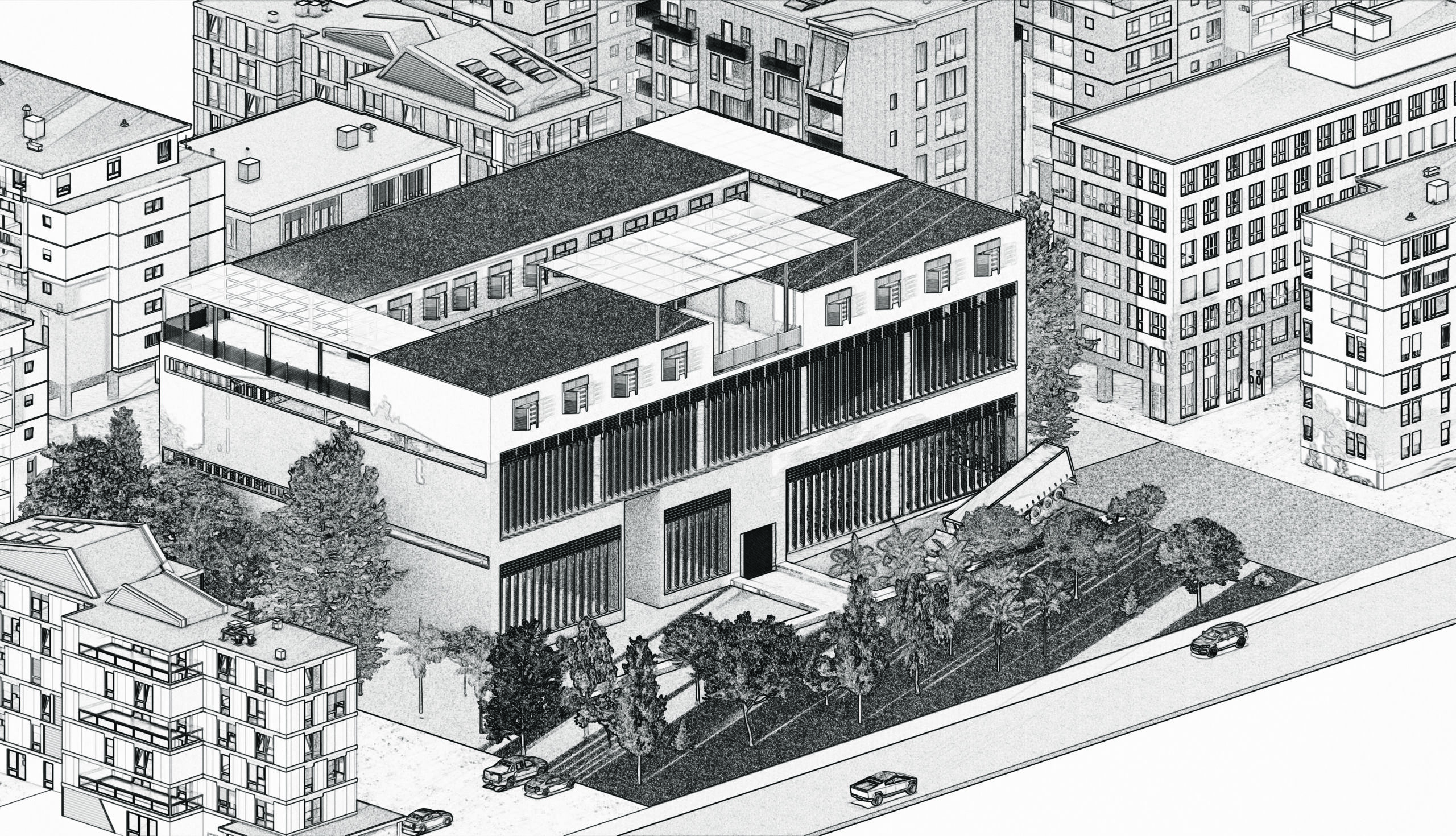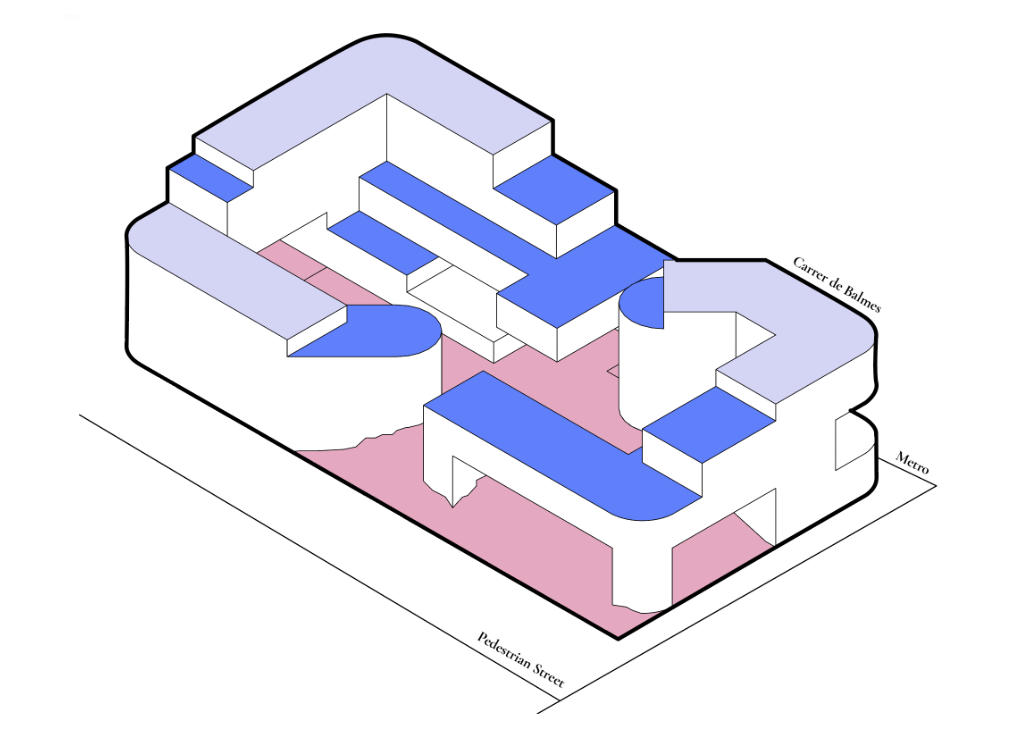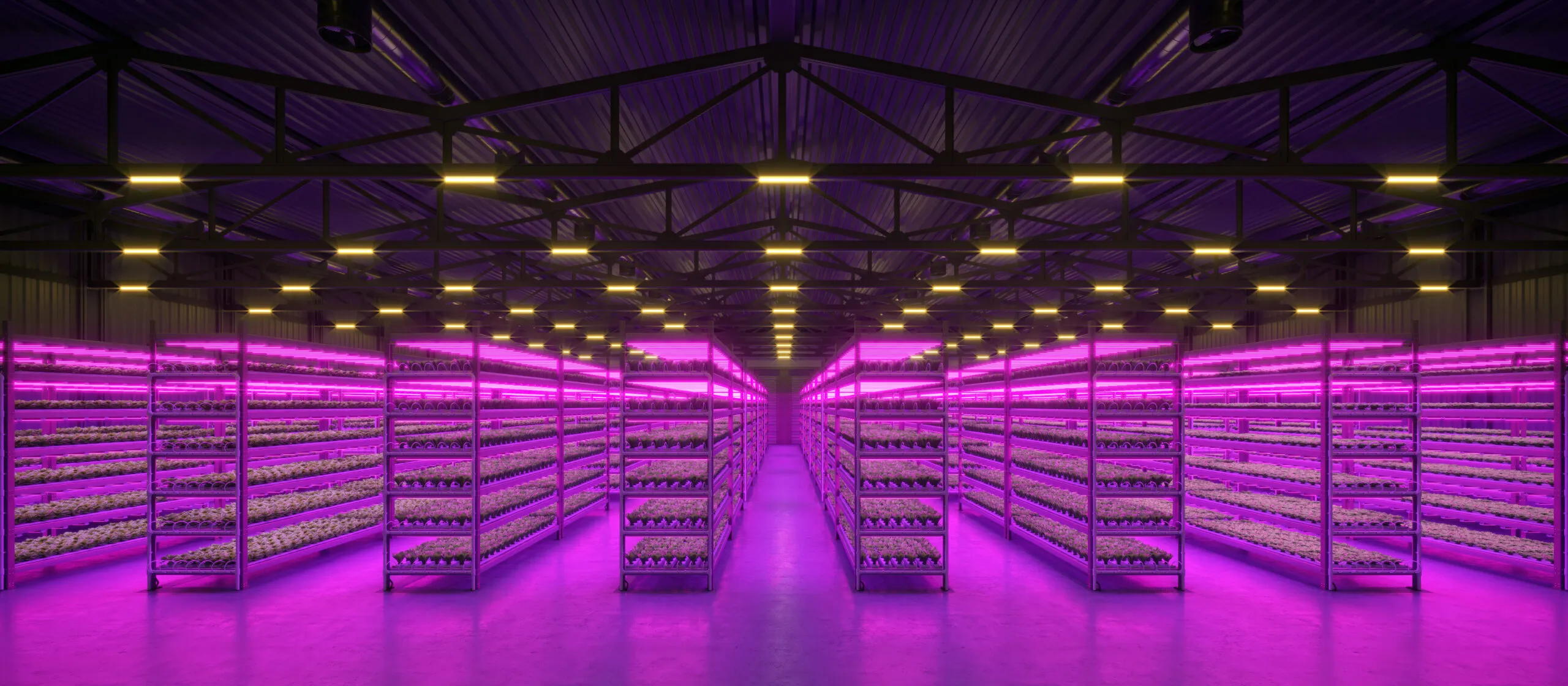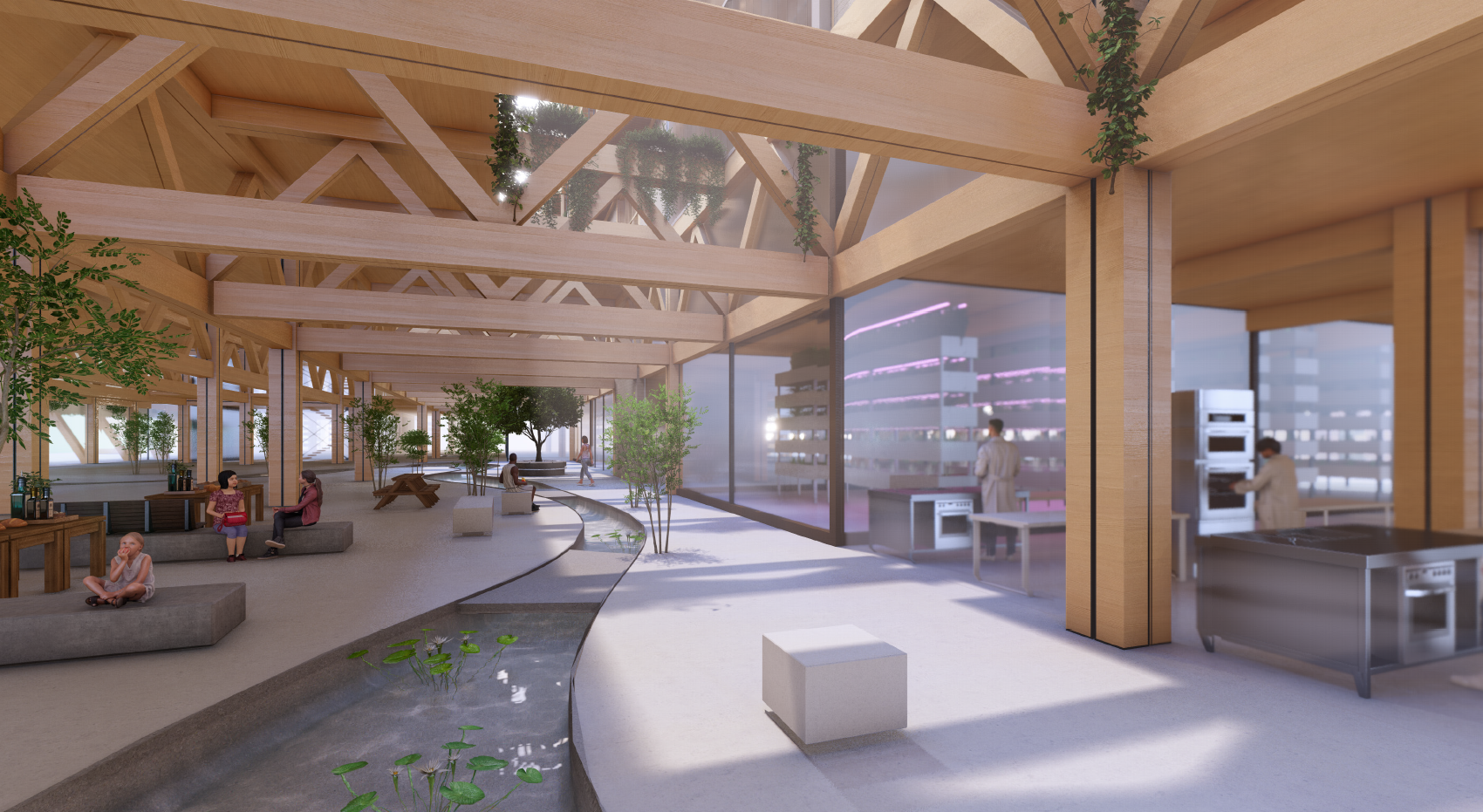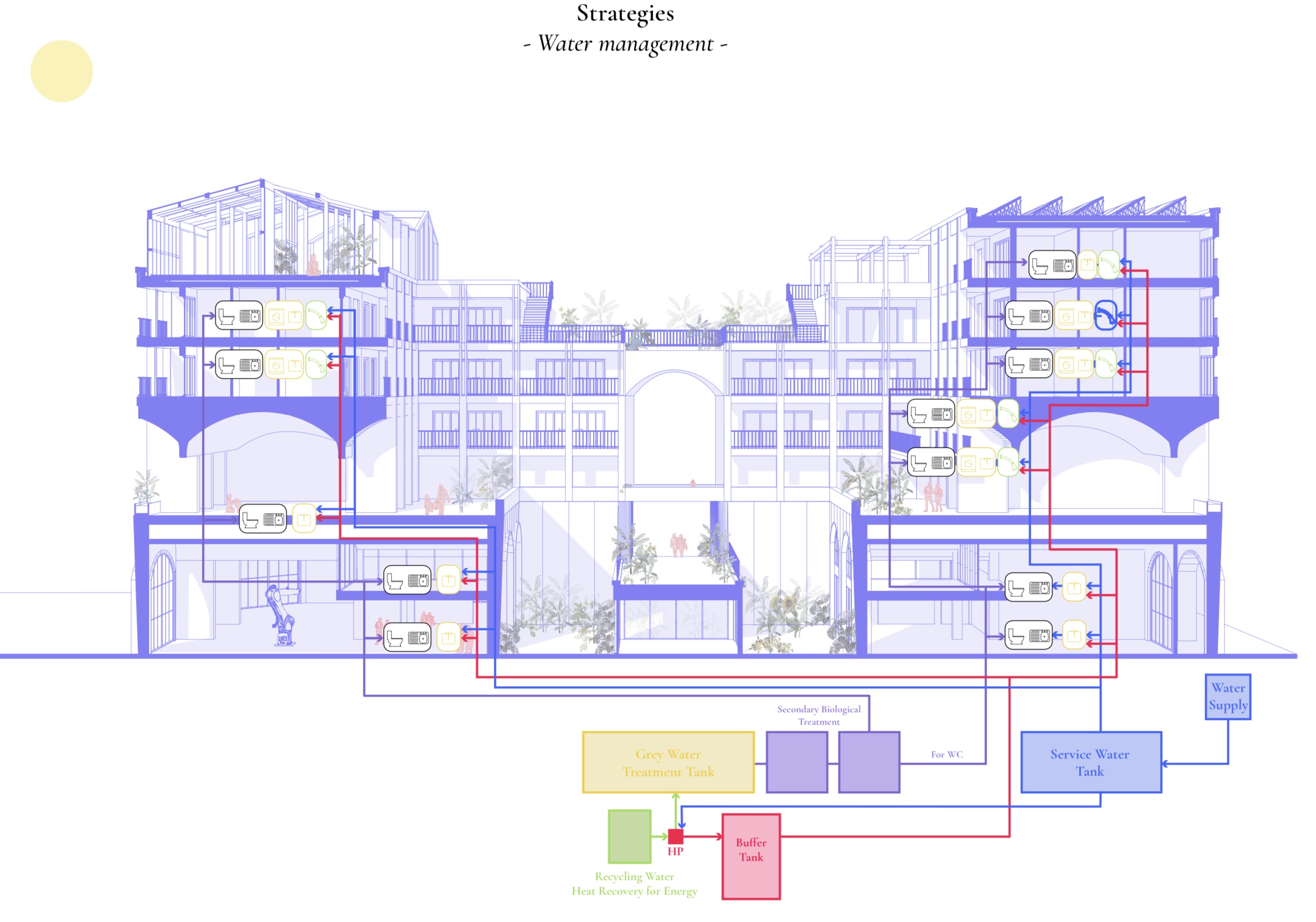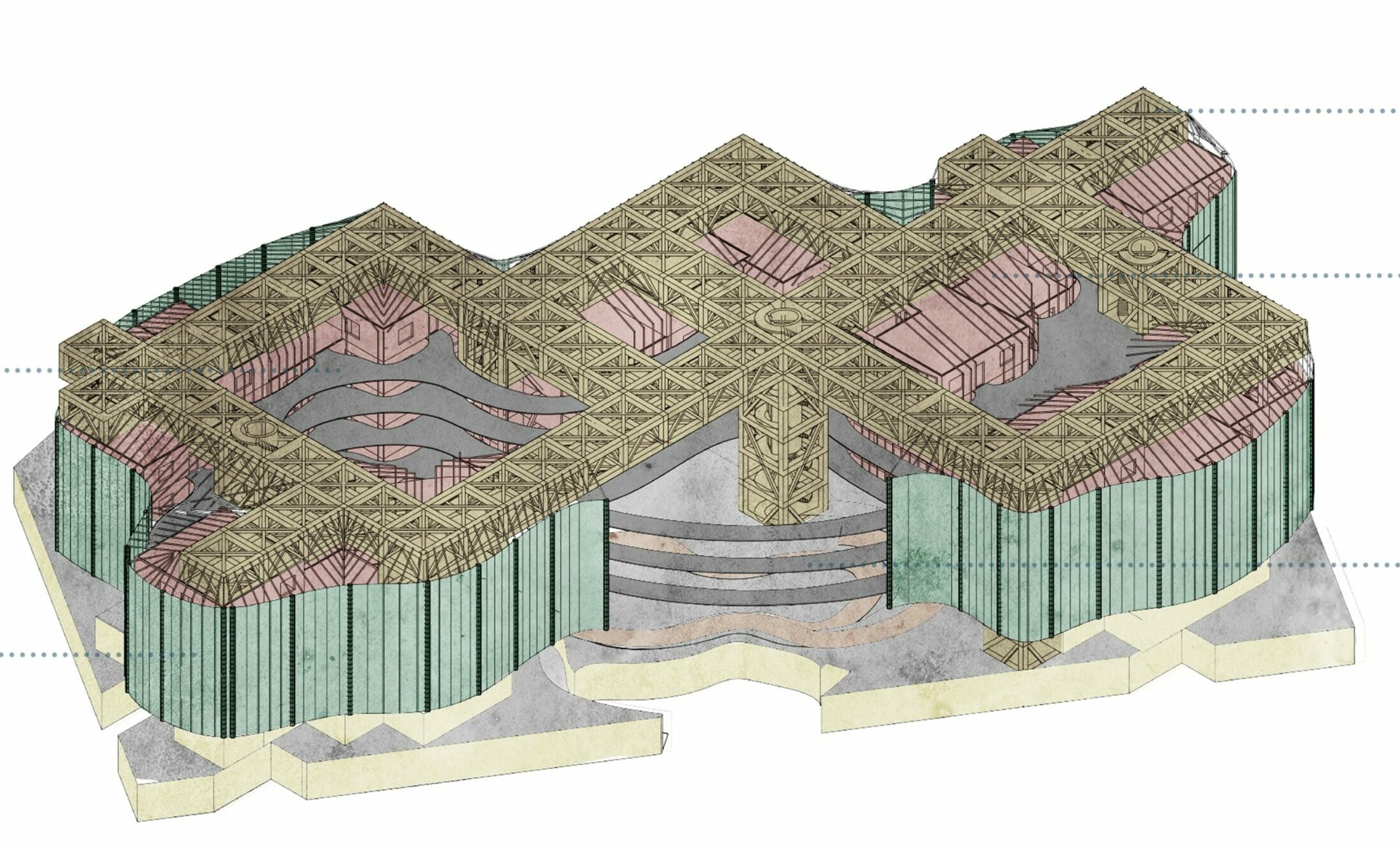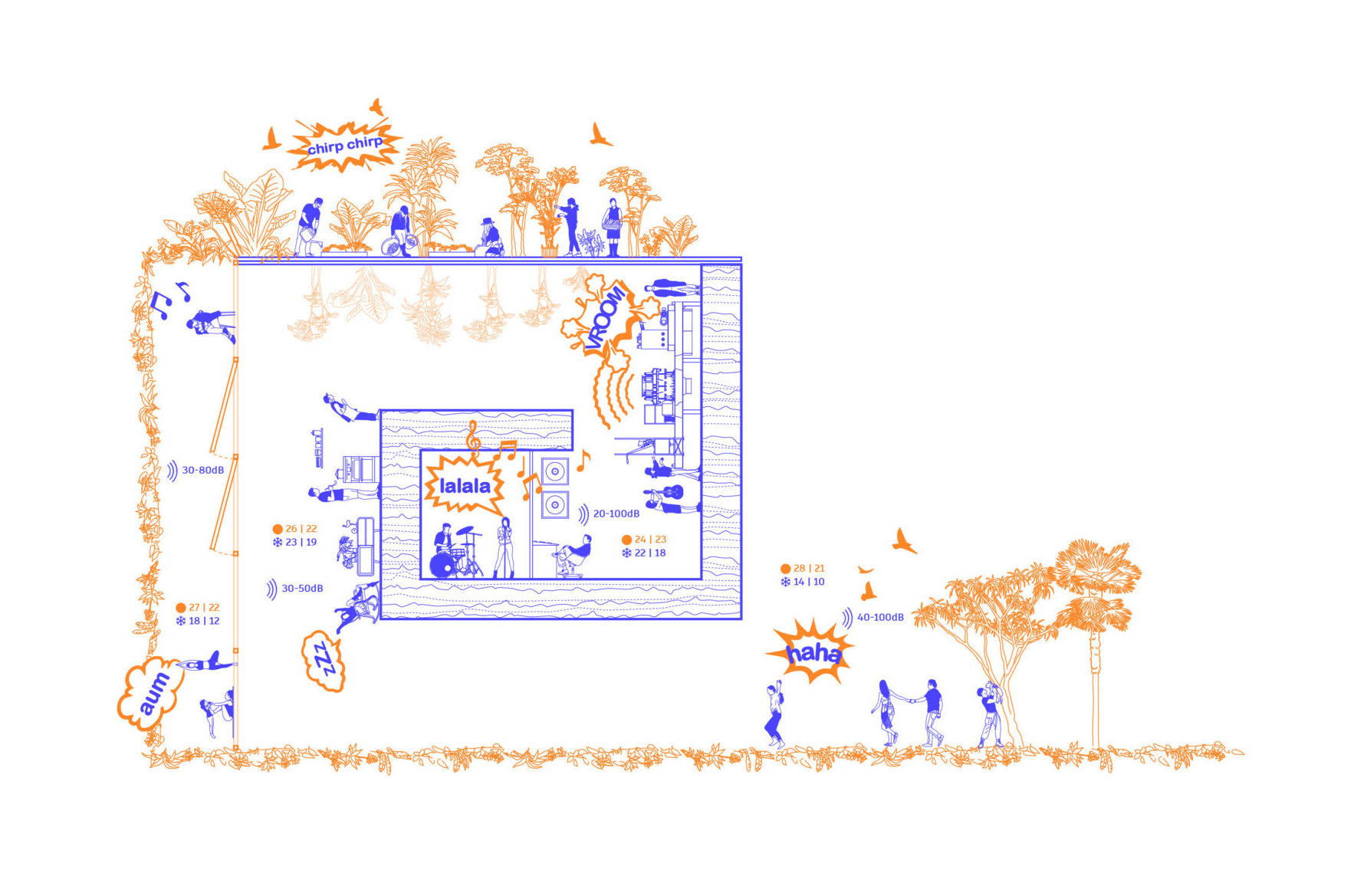Thermodynamic Fabrication : N.E.S.T Research Center
N.E.S.T.: A Network for Ecological and Sustainable Timber Research We were tasked with designing a Timber Research Center (+Residential units for researchers and visiting academics, designed for comfort and collaboration +shared amenities to foster a sense of community) A research and innovation facility dedicated to developing advanced timber products and technologies, with high-tech laboratories, testing … Read more

